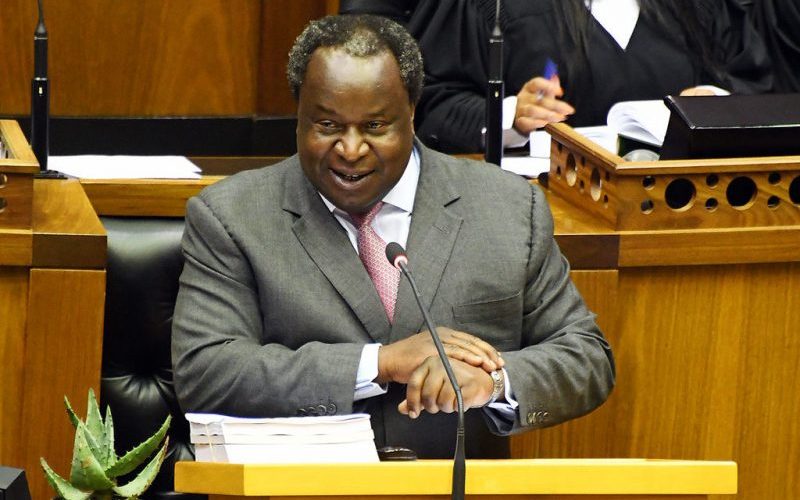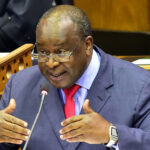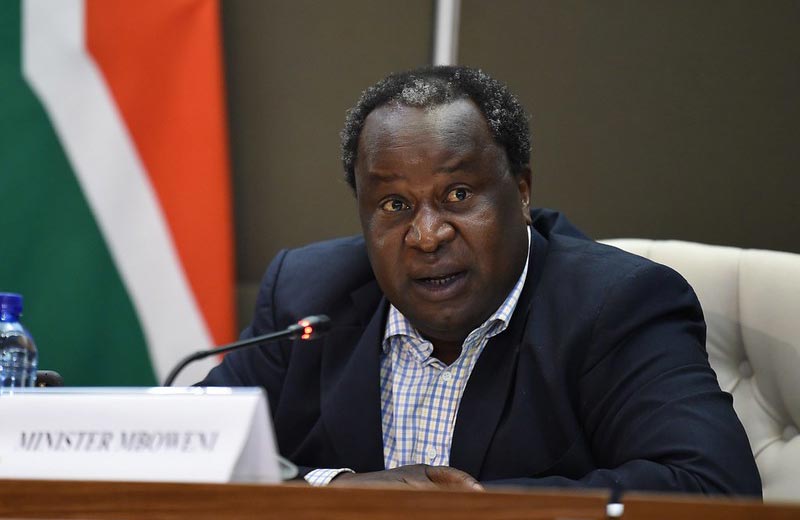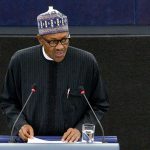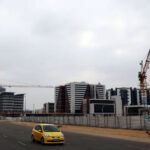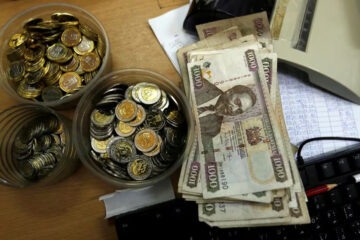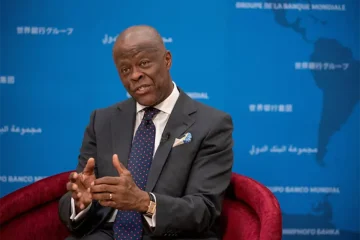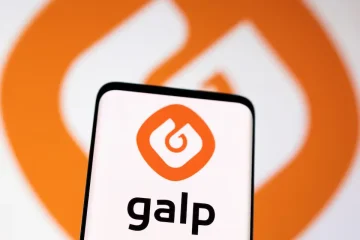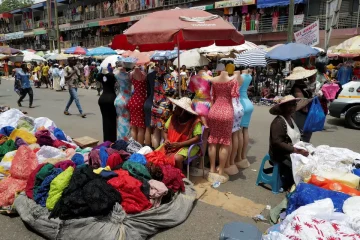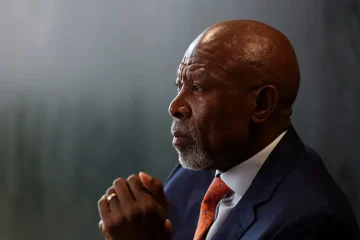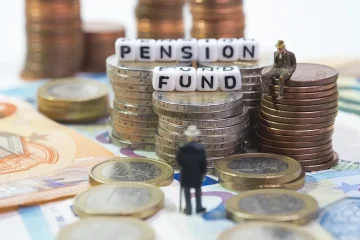JOVIAL RANTAO
SOUTH AFRICA’S finance Minister Tito Mboweni has unveiled bold multibillion measures which contain the government’s response to the economic crisis imposed by the onset of COVID-19 pandemic, which has infected over 100 000 and led to death of over 2000 people.
Mboweni, who presented his 2020 budget in February, was forced to present the supplementary budget because of the economic crisis brought on by COVID-19. The measures contained in the supplementary budget are in addition to the R500-billion economic package unveiled by the President Cyril Ramaphosa after the lockdown.
Presenting a special supplementary budget in a virtual sitting of Parliament, Mboweni revealed the following budget allocations to help South Africa in its fight against COVID-19:
- A total of R21.5 billion for COVID‐19 related health care spending.
- A further allocation of R12.6 billion for services at the frontline of SA’s response to the pandemic.
- An additional R25.5-billion has been set aside to support South Africa without any income. This is on top of the R15.5-billion that the government has already made available since the beginning of the lockdown, bringing to R41-billion, the amount spent on temporary social relief.
- R19.6-billion has been set aside for job creation. The amount is in addition to the R6.1-billion that has already been budgeted for and will add to the R100- billion announced recently by President Cyril Ramaphosa for a multi‐year, comprehensive response to our jobs emergency.
On the additional funds set aside to fight COVID-19, Mboweni said the allocations to the health budget were informed by epidemiological modelling, a national health sector COVID‐19 cost model and our experiences over the past 100 days.
“This money partly supports increased screening and testing, allowing us to open up more and more of the economy. We have successfully increased our COVID‐19 bed capacity to above 27 000; identified 400 quarantine sites with a capacity of around 36 000 beds across the country and deployed nearly 50 000 community health care workers to screen millions of South Africans. We have tested over 1.3 million people,” he said.
He said provinces will add at least R5-billion for the education catch‐up plan, social welfare support for communities and provision of quarantine sites by Public Works departments and responses in other sectors.
The finance minister said the government expects the South African economy to contract by 7.2% in 2020, with debt expected to rise to around 81% of the gross domestic product.
“Government will narrow the deficit and stabilise debt at 87.4 percent of GDP in 2023/24. Cabinet has also adopted a target of a primary surplus by 2023/24. The Medium Term Expenditure Framework process will be guided by the principles of zero‐based budgeting which
will be applied as a series of overlapping evaluation exercises targeted at large programmes. Our current system of Public Expenditure Reviews is a step towards zero‐based budgeting. This means that we will try to reduce all expenditures that we thought we can no longer afford. “ “After all, we are not as rich as we were ten years ago. The upcoming MTEF will pilot this approach. In the review accompanying this budget, we set out our initial proposed fiscal path for the period ahead. We need to find spending adjustments of about R230 billion over the next two years. Tax measures of R40 billion over the next 4 years will also be required. The Government will announce details to these tax proposals in the 2021 Budget,” Mboweni said.

